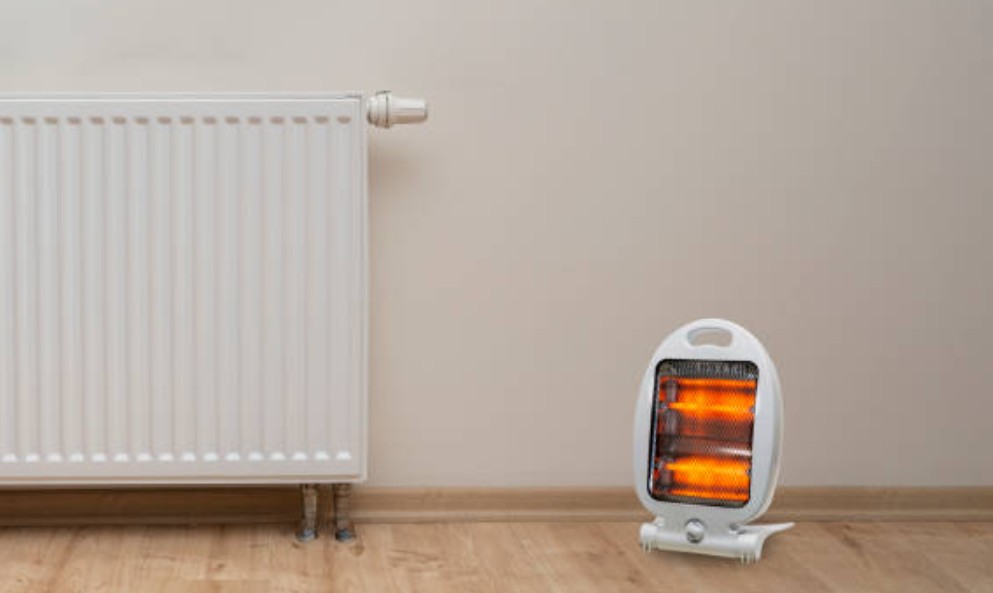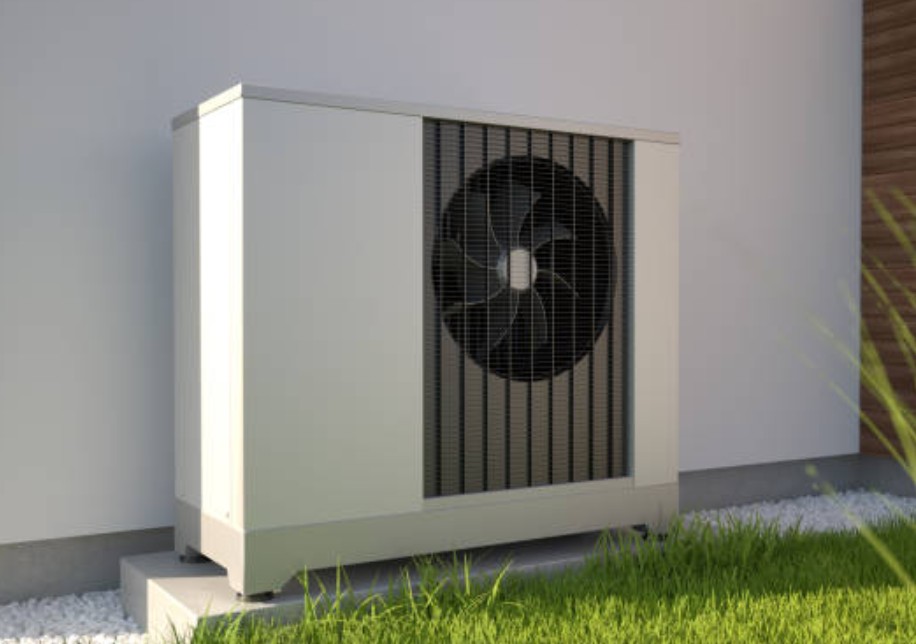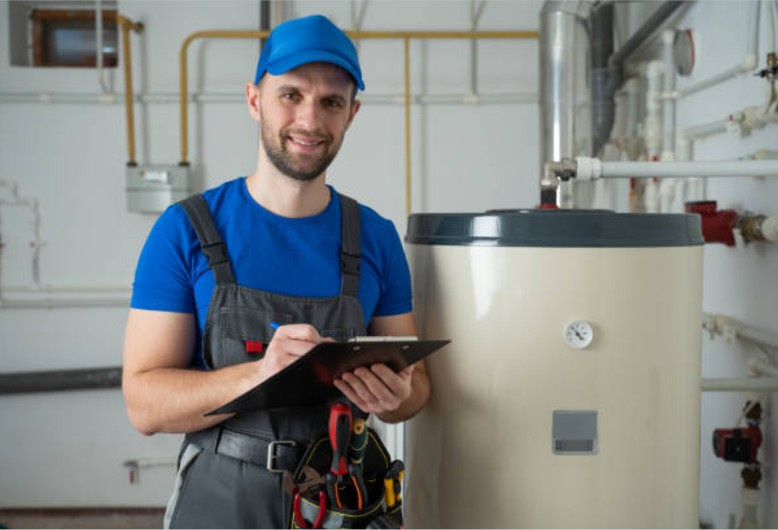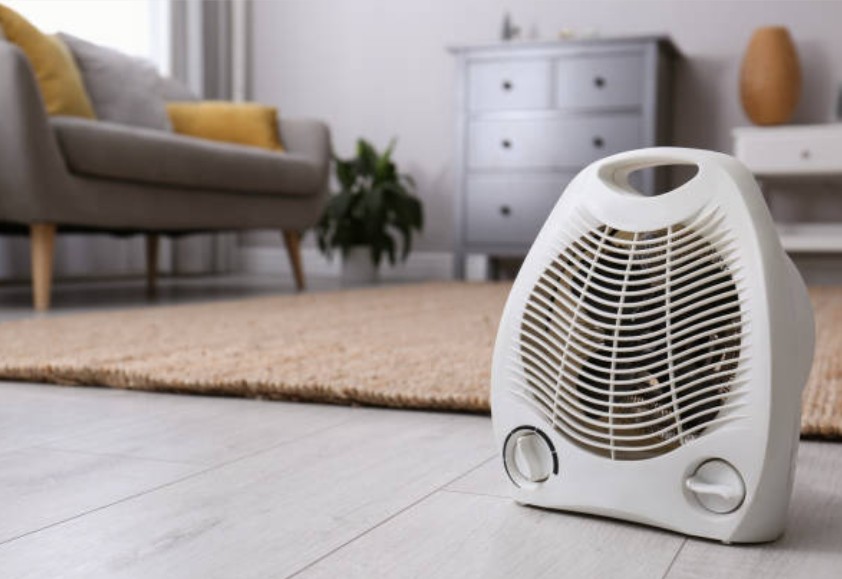Homeowners across the UK often wonder about the best practices for maintaining their heating systems. One question that pops up repeatedly is: What Happens If You Bleed a Radiator with the Heating On? In this in-depth guide, we’ll explore the science behind radiator bleeding, delve into the risks associated with doing it incorrectly, and provide expert-approved steps to ensure your central heating system remains efficient, safe, and long-lasting.
What Should You Know About Radiator Bleeding?
Radiator bleeding is an essential maintenance task that involves releasing trapped air from your radiators. Air in the system can create blockages, reducing the flow of hot water and leading to inefficient heating. Here’s a closer look at why and how this process matters:
The Science of Air and Water Circulation
- Air vs. Water Density: Air is lighter than water and tends to collect at the highest points within your radiator.
- Impact on Heat Transfer: The trapped air prevents the complete circulation of hot water, leading to cold spots and uneven heating.
- System Efficiency: Proper bleeding improves heat distribution and reduces the energy required to heat your home.
Regular maintenance ensures that your radiators operate at peak efficiency, lowering energy bills and extending the lifespan of your heating system.
What Happens If You Bleed a Radiator with the Heating On?

What Happens If You Bleed a Radiator with the Heating On? The risks far outweigh any perceived convenience. Performing this task while the system is active can result in several negative outcomes:
Key Risks and Consequences
Pressure Instability:
-
- Uncontrolled Water Spurts: With the heating on, hot water is circulating rapidly. Bleeding in this state can cause sudden, forceful water releases.
- Increased System Pressure: The active flow can mask the true pressure build-up, making it difficult to gauge when the air has been fully expelled.
Ineffective Air Removal:
-
- Partial Bleeding: The continuous circulation of hot water can cause trapped air to escape through unexpected pathways, leaving residual pockets behind.
- Persistent Cold Spots: This incomplete bleeding results in uneven heat distribution throughout your home.
Safety Hazards:
-
- Burn Risks: Hot water under pressure poses a serious burn hazard, particularly if you’re not wearing protective gear.
- Water Damage: Uncontrolled spurts of hot water can lead to spills and subsequent water damage to your property.
How to Safely Bleed Your Radiator?
Achieving a properly bled radiator is both a science and an art. Follow these expert steps to ensure your system is maintained safely:
1. Switch Off Your Heating:
- Allow the system to cool for at least 30 minutes. This step is critical in reducing the pressure and temperature within the system.
2. Gather Essential Tools:
- Use a radiator key (or an appropriate screwdriver), a cloth or small container to catch any drips, and gloves for added safety.
3. Locate and Open the Bleed Valve:
- Identify the valve on the top or side of the radiator.
- Slowly turn the valve counterclockwise. You’ll hear a hissing sound as trapped air escapes.
4. Monitor the Release:
- Keep an eye on the stream. Once water begins to flow steadily, it indicates that the air has been fully released.
5. Secure the Valve and Check the System:
- Turn the valve back to its closed position immediately after bleeding.
- Check your boiler’s pressure gauge to ensure it is within the recommended range, and top up if necessary.
Always refer to your system’s manual for manufacturer-specific instructions, and don’t hesitate to consult a professional if you’re uncertain about any steps.
The Ripple Effects: How Incorrect Bleeding Impacts Your Heating System?
Improper bleeding, particularly with the heating on, can have a domino effect on your entire central heating setup. Below is a detailed table that contrasts the outcomes of bleeding your radiator with the heating on versus off:
| Aspect | Bleeding with Heating On | Bleeding with Heating Off |
| Heat Distribution | Uneven, with noticeable cold spots due to incomplete air removal | Uniform heat spread, ensuring every corner of the room is warm |
| Pressure Stability | Unstable, leading to sporadic water spurts and potential leaks | Stable, as the system pressure is accurately maintained |
| Safety Risks | Elevated risk of burns and accidental water damage | Minimal risk, providing a safe maintenance environment |
| System Longevity | Increased wear and tear on valves and seals from pressure fluctuations | Enhanced longevity as the components operate under controlled conditions |
| Maintenance Efficiency | May require multiple attempts and additional fixes due to inefficiency | Single, effective session saving time and resources |
In-Depth: Radiator Bleeding Myths and Misconceptions
Why Do Radiators Get Air in the First Place?

Understanding the origin of the issue is the first step to preventing it:
- Natural Air Accumulation: Over time, small amounts of air can seep into the system from various joints and connections.
- Boiler Operation: As water heats and cools, it naturally absorbs and expels air, leading to bubbles that eventually coalesce in radiators.
Common Myths Debunked
- Myth 1: Bleeding with the heating on saves time.
Reality: The risks of pressure spikes and incomplete air removal outweigh the minimal time saved. - Myth 2: Modern radiators are immune to air buildup.
Reality: All systems, regardless of age, are susceptible to air accumulation over time. - Myth 3: Only outdated systems need regular bleeding.
Reality: Even new installations require occasional maintenance to maintain efficiency.
What Are the Expert Opinions and Best Practices?

UK heating professionals unanimously agree on the importance of turning off the heating before bleeding a radiator. Here’s a snapshot of expert advice:
What Do the Pros Recommend?
- Do’s:
- Schedule regular maintenance checks, preferably at the start of the heating season.
- Use manufacturer-approved tools and follow specific guidelines tailored to your heating system.
- Monitor system pressure post-maintenance to ensure optimal performance.
- Don’ts:
- Avoid bleeding the radiator while the system is active to prevent safety hazards.
- Don’t overlook recurring issues; consistent problems should be addressed by a professional heating engineer.
- Steer clear of makeshift solutions that might compromise the system’s integrity.
How Does DIY Maintenance Compare to Professional Service?
Deciding whether to tackle radiator bleeding yourself or seek professional help depends on several factors. Below is an analysis to guide your decision:
| Criteria | DIY Maintenance | Professional Service |
| Cost | Low – mainly the price of basic tools | Higher – includes service fees and potential call-out charges |
| Time Investment | Requires learning and careful execution | Faster resolution with expert efficiency |
| Risk Management | Moderate risk if instructions aren’t followed precisely | Minimal risk, with safety protocols in place |
| Long-Term Benefits | Enhances basic maintenance skills; ideal for routine upkeep | Provides in-depth system evaluation and troubleshooting |
Final Thoughts: Prioritising Safety and Efficiency
What Happens If You Bleed a Radiator with the Heating On? The answer is clear: the potential risks far outweigh any perceived benefits. The integrity of your heating system, along with your personal safety and home comfort, hinges on following proper maintenance protocols.
By ensuring the heating is off before bleeding your radiator, you:
- Maintain Optimal Efficiency: Achieve uniform heat distribution and reduced energy consumption.
- Prevent Damage: Protect vital system components from undue wear and tear.
- Enhance Safety: Minimise the risk of burns and water-related accidents.
Investing a little extra time in proper maintenance not only guarantees a warmer home during the colder months but also contributes to long-term savings and system reliability.
FAQs: Your Top Questions Answered
Why is it unsafe to bleed a radiator with the heating on?
The high temperature and active water circulation can cause uncontrolled water spurts, unstable pressure, and increase the risk of burns and property damage.
How often should radiators be bled in a modern UK home?
It’s recommended to bleed radiators once per heating season. However, if you notice uneven heating or unusual noises, an extra bleed might be necessary.
Can I check my system pressure after bleeding the radiator?
Yes, always monitor the boiler’s pressure gauge. If the pressure falls outside the recommended range, refer to your system’s manual or consult a professional.






